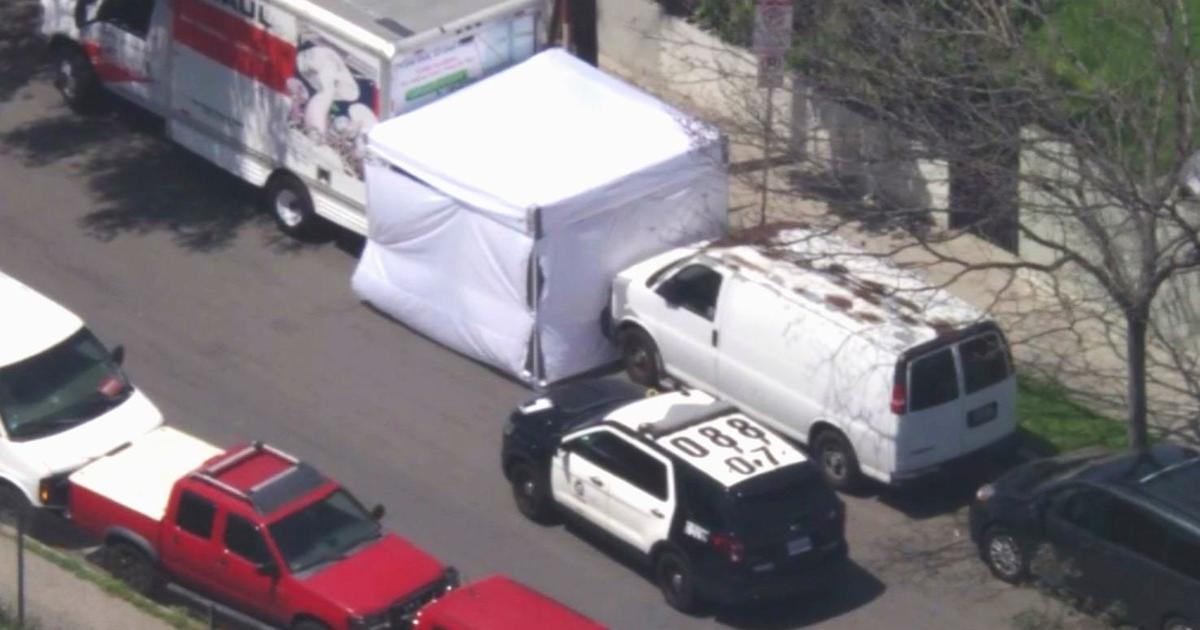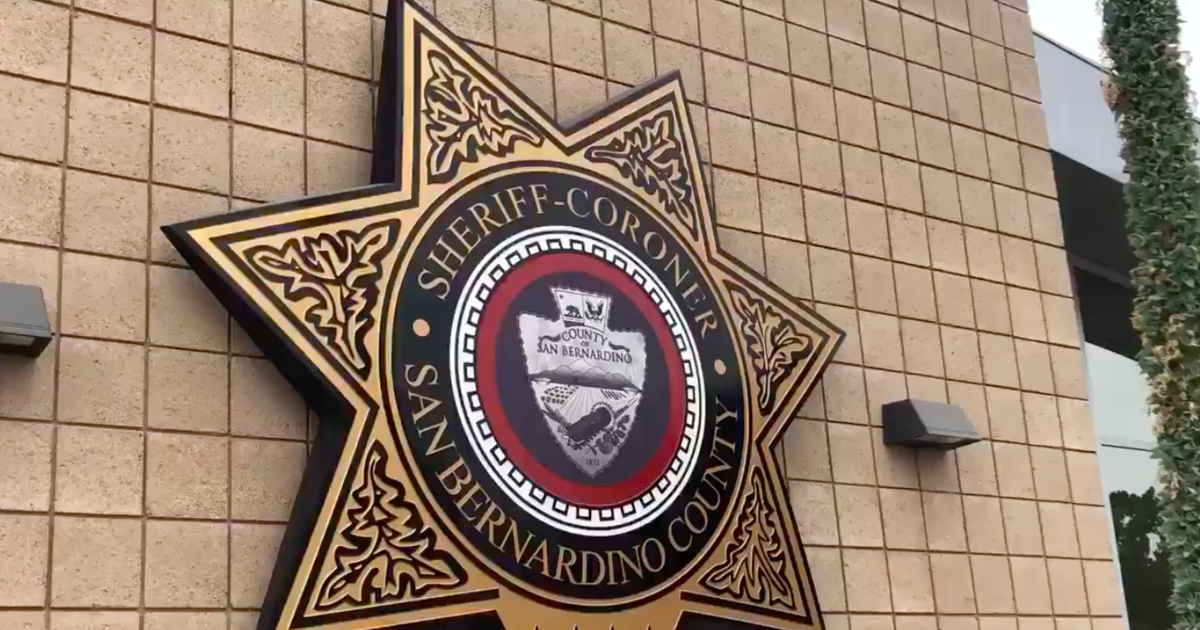California's Courts Endure Third Year Of Cuts
SAN FRANCISCO (AP) — This county's presiding superior court judge stood at the lectern and looked out at the bank of television cameras and assembled press. She took a deep breath.
"This is the saddest and most heartwrenching day I have experienced in my professional life," said Judge Katherine Feinstein, the daughter of California's senior U.S senator.
As San Francisco's top judge, it fell to Feinstein to close the court's $13.75 million budget hole. On Monday, she announced that she was laying off 40 percent of the court's work force and shuttering 25 of 63 courtrooms and all but putting the civil division out of business.
It will now take up to five years for some lawsuits to come to trial and an average of 18 months to finalize divorces in San Francisco. Lines to pay traffic fines in person are expected to be daunting.
And it still could get worse. Feinstein warned that further cuts could be on their way in January if optimistic revenue projections don't materialize.
"We will be a shell of what we once were," she said.
San Francisco is not alone in its dramatic dismantling of its court system because of California's budget disaster.
Courts in all 58 counties are grappling with a third straight year of budget cuts that have reduced spending by an unprecedented 30 percent over that period. Hundreds of workers have been laid off across the state and thousands more placed on unpaid furloughs. Clerk's offices open late and close early and an increasing number of counties are closing courtrooms for good. Planned upgrades or replacements of decaying courthouses that serve as focal points in small-town California are being delayed, scaled back or even canceled.
"It has never been worse," said Chief Justice Tani Cantil-Sakauye, who took over as the state's top judge in January after serving as trial court judge and appellate jurist since 1990.
On Friday, embattled judicial branch leaders apportioned $350 million in cuts throughout the branch. The cuts were caused by Sacramento lawmakers slashing the courts' $3 billion budget by more than 10 percent to close California's record deficit.
The Judicial Council, which controls the courts budget, ordered trial courts to cut their budgets by almost 7 percent. It also ordered cuts to the Administrative Office of the Courts and the state's two highest courts, including the California Supreme Court.
With the exception of San Joaquin County, courts in the other 56 counties aren't making such severe cuts as San Francisco. Still, the public can expect longer lines at courthouses, longer waits for documents and frequent delays in having its day in court throughout the state.
Shasta County, for example, is limiting its clerks hours to one-day a week at a remote courthouse.
Small claim parties in the Tulelake resort area of Siskiyou County and those accused of misdemeanor crimes and infractions will now have to drive 26 miles to have their cases resolved since the closing of a courthouse there.
The story is the same throughout California. Even the Cow County Judges Institute, which is a forum for rural judges, is being canceled next year to save $25,000.
Then there's San Joaquin County, the crime-plagued capital of the Central Valley, home to Stockton, always among the top ten cities in foreclosure rates. Among other significant cuts to its overwhelmed court system, San Joaquin is planning to stop deciding all small claims cases. More than 3,000 were filed last year.
The county is pleading with state court leaders for extra funding so it can reopen its Tracy courthouse and restart hearing small claims cases.
"It's horrible for litigants," Presiding Judge Robin Appel said. "These people simply will not have their day in court."
Still, nowhere is the news as bad as it is in San Francisco. After furloughing workers, reducing hours and exhausting its reserves to meet deficits the last two years, Feinstein said San Francisco courts had few options left to close a $13.75 million deficit for the coming fiscal year.
So 11 of its 12 court commissioners and 200 of 483 workers will be let go on Sept. 30. In addition, 25 of its 61 courtrooms will be shuttered for good, leaving the city with more judges than courtrooms.
"We are judge rich and staff poor," Feinstein said.
Since criminal cases must be heard in a timely fashion to comply with speedy trial laws, all of San Francisco court closures will occur in the civil division, which will be left with only three courtrooms to conduct trials.
"The civil justice system in San Francisco is collapsing," Feinstein said. Feinstein said that when court opens for the first time Oct. 3 after the cuts go into effect "we will be a shell of what we once were."
Cantil-Sakauye has largely left it to each county to decide how to implement the cuts ordered by the Judicial Council.
That's in contrast to two years ago when the council ordered every court regardless of its finances to close one day a month. The closures caused widespread dissent and a group of council critics formed the Alliance of California Judges, which alleges that court leaders have made bad spending decisions.
The alliance took particular exception to a $1.9 billion statewide computer system that project members argue is unnecessary and problem plagued. The alliance has called for the cancellation of the project, which it says has already cost the branch about $600 million.
Instead, judicial leaders are halting funding for a year of the so-called California Court Case Management System, or CCMS.
"Once again, court leadership has decided to preserve the central bureaucracy...The one year suspension of CCMS does nothing to rectify the mismanagement, lack of oversight and waste," the alliance said in a statement."
The chief justice said the computer system "is being looked at like everything else."
In the meantime, the newly minted chief justice said she looks forward to the day where she can focus on deciding cases rather than spending her days whittling down California's judicial system.
She acknowledges that whatever budget decision she makes will upset someone.
"I do understand the frustration," she said. "I'm frustrated, too."
(© Copyright 2011 The Associated Press. All Rights Reserved. This material may not be published, broadcast, rewritten or redistributed.)



